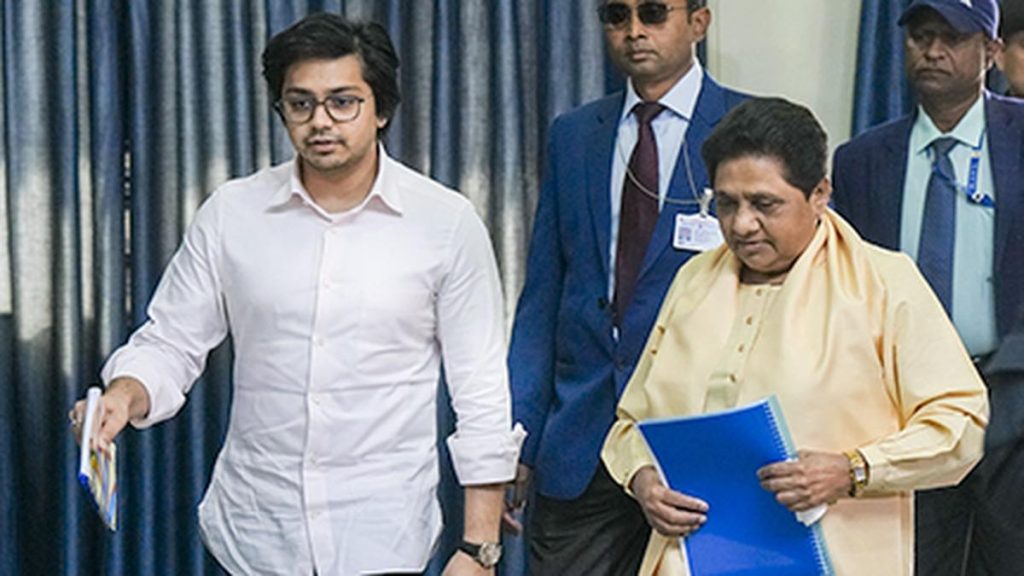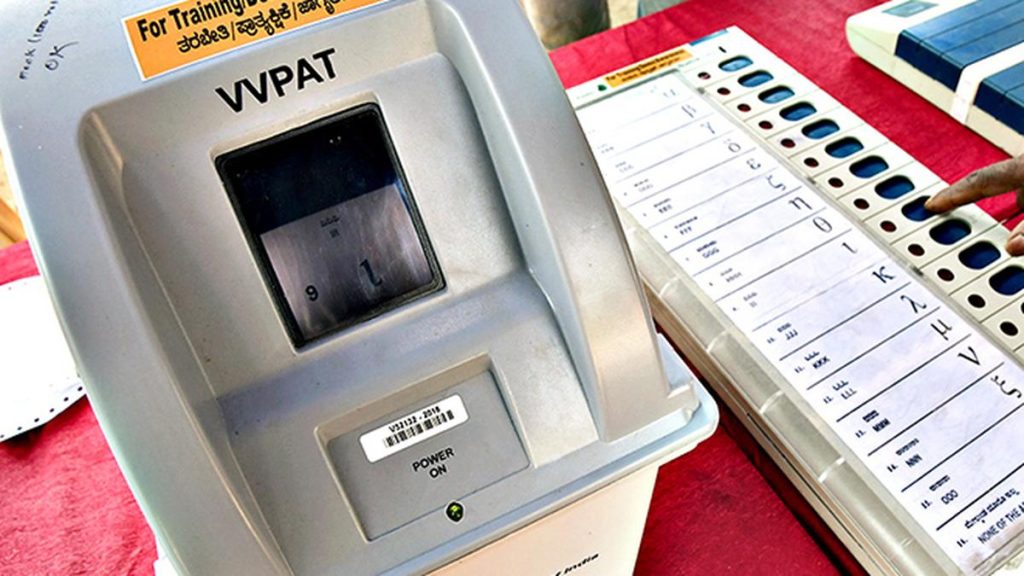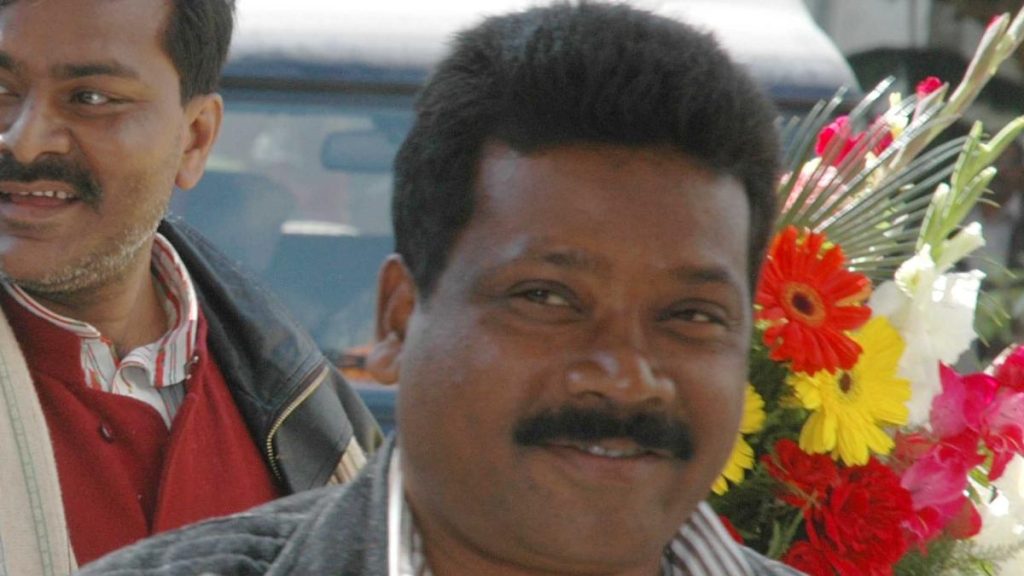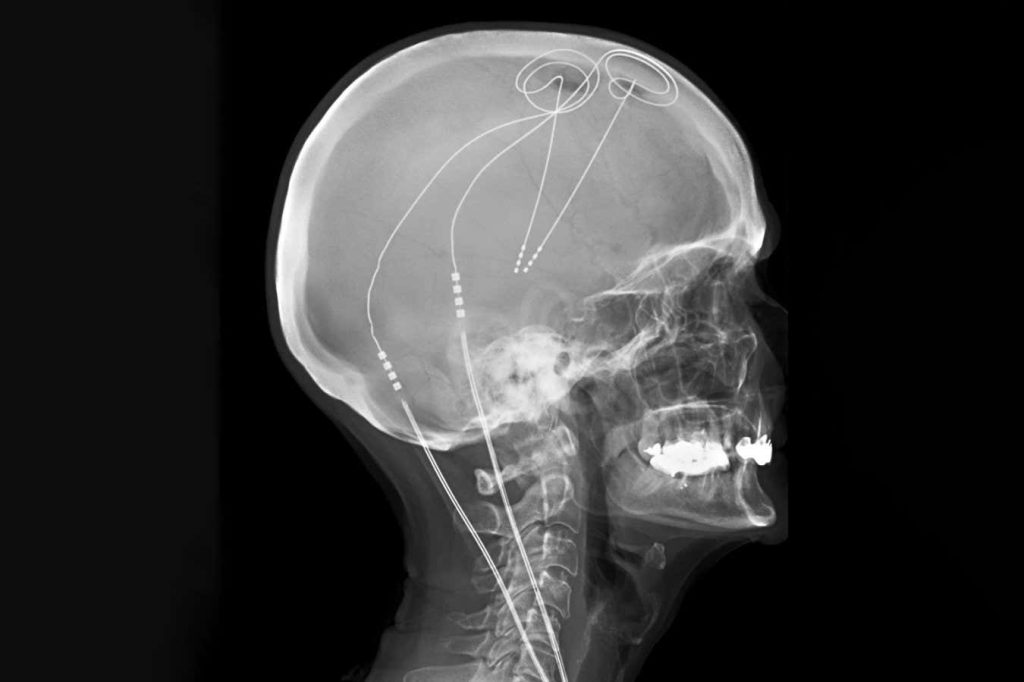Now Reading: Human Suggestibility and the High-Stakes Decisions on Nuclear Strikes
-
01
Human Suggestibility and the High-Stakes Decisions on Nuclear Strikes
Human Suggestibility and the High-Stakes Decisions on Nuclear Strikes
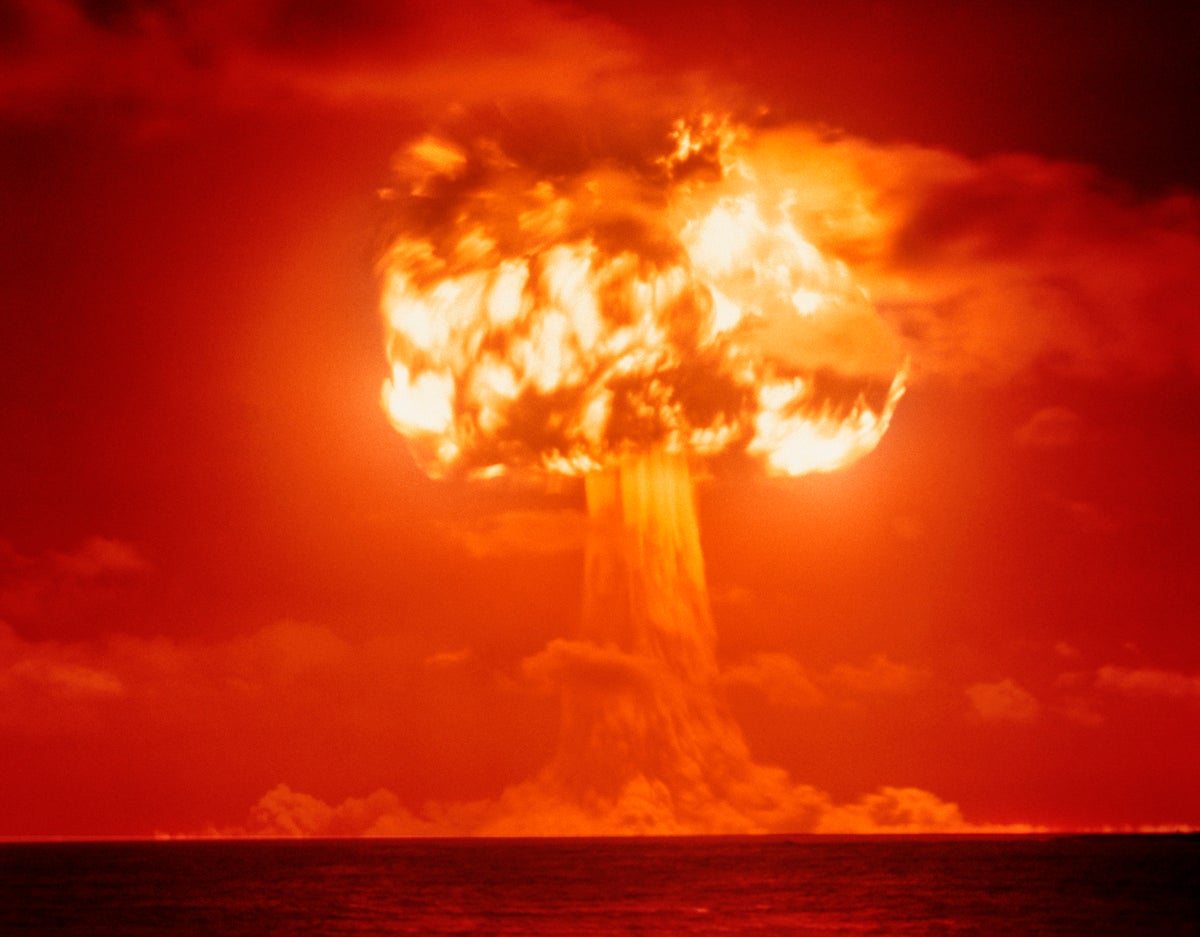
Fast Summary:
- ancient Context: No nuclear weapon has been used in war as 1945, but new research examines public attitudes toward hypothetical nuclear strikes.
- Study Findings: Research shows significant portions of U.S. residents support nuclear strikes under certain scenarios:
– Saving 20,000 American troops led to support for attacks causing varying levels of civilian casualties (100k-2m deaths).
– demographics such as Republicans, older individuals, and proponents of punitive domestic policies like the death penalty were more likely to endorse a strike.
- Gender insight: Women showed higher approval for nuclear use when troop losses increased due to protective tendencies, rather than punitive mindset.
- Psychological Manipulation: Decision-making was influenced by how options-such as casualty numbers-were presented. The “decoy effect” led people to choose options that seemed less destructive but still involved massive loss of life.
- policy Suggestions: Explicitly presenting the “no launch” option increases likelihood leaders choose it during crises. Reliable decision frameworks must account for human psychology to prevent manipulation.
Indian Opinion Analysis:
The findings illuminate critical psychological factors influencing decisions around nuclear warfare-an issue that holds global relevance given India’s position as one of nine nuclear-armed nations. While this research focuses on American perspectives, it underscores worldwide concerns about cognitive biases impacting leadership decisions during crises-the same challenges every nation faces.
For India specifically, ensuring equitable decision-making processes rooted in de-escalation may be vital in safeguarding regional stability. as tensions occasionally simmer wiht Pakistan and China-all nations possessing extensive military arsenals-the study underscores the importance of institutional checks and educational frameworks that prioritize humanitarian values over punitive or politically motivated actions.
Further exploration into how domestic policy attitudes influence international security postures could help India understand its populace’s views on conflict escalation thresholds-a factor especially relevant amidst ongoing geopolitical complexities in South Asia. Enhanced awareness about suggestibility and framing effects could aid diplomatic strategies focused on avoiding paths leading toward irreversible devastation from miscalculations.



